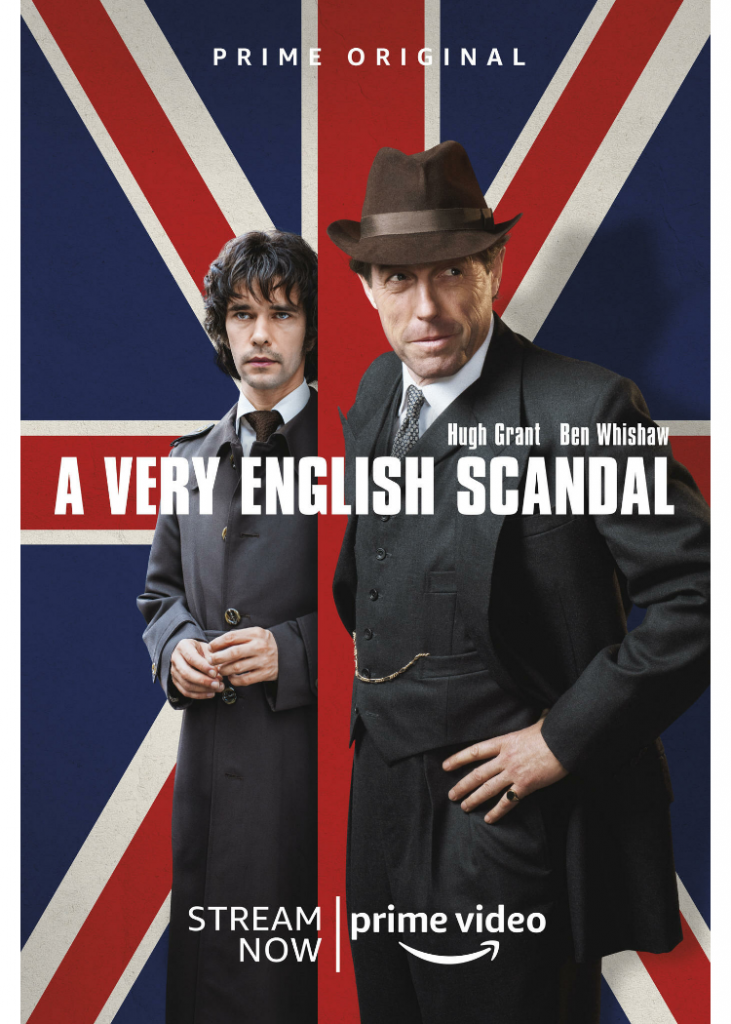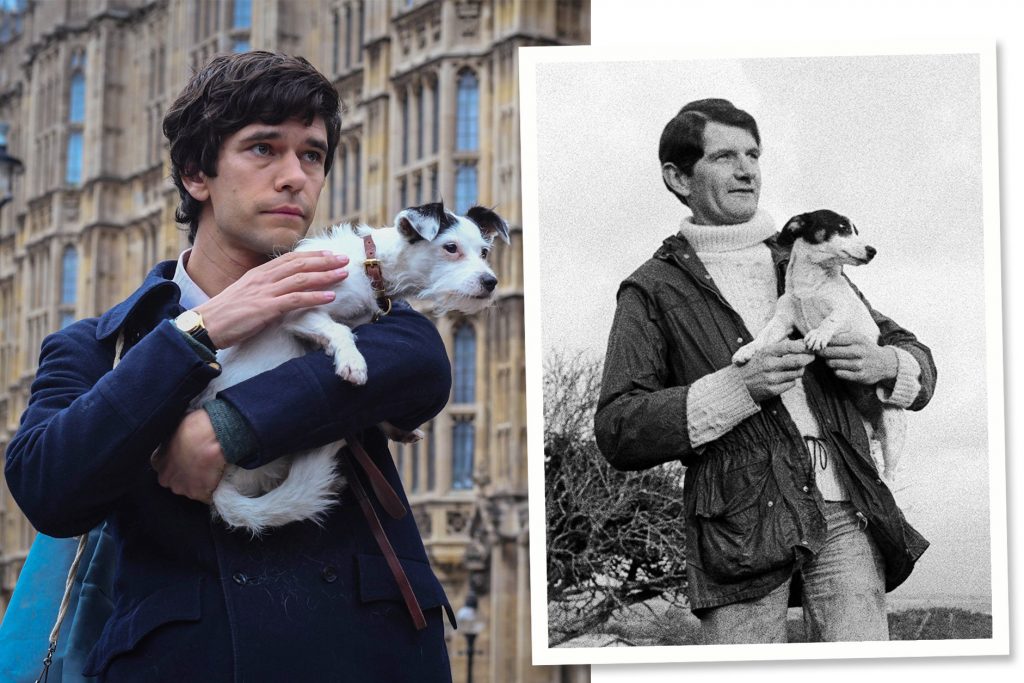Anyone who’s done an arts degree will at some point have found themselves cornered by a post-teen as they enthusiastically exit their class on post-structuralism, to excitedly present you with your very own copy of Foucault’s, ahem, seminal essay, What is an author?
Which, if you take the trouble to read, you’ll be quietly flummoxed by, as you try to figure out what all the fuss was about.
Fortunately, we’ve all grown up and moved on from that. And similarly, you rarely hear anyone these days referring to the so-called auteur theory. Which is just as well, as it doesn’t exist – try ordering a copy for yourself.
What there was was an essay by Francois Truffaut published in a 1954 edition of the Cahiers du Cinema, titled A Certain Tendency in French Cinema. There, he simply said that, given that, obviously, the author of a film is its director, the study of cinema ought to be organised around a pantheon of great directors. And that the least successful film by a great director was always more interesting than the best film from a mediocre film maker.
Today, the general consensus is that cinema, again obviously, is a director’s medium. But that television is a writer’s medium. Which brings us to A Very British Scandal.
You’d be forgiven for imagining that this were a sequel to A Very English Scandal, from 2018. As, clearly, this is exactly what the BBC and its producers want you to think. But it isn’t.
A Very English Scandal was written by Russell T Davies, who’s one of, if not the most talented writer on these shores. He came to prominence with Queer as Folk, which he made for Channel 4 between 1999–2000, and for then re-invigorating Dr. Who for the BBC, which he did as its showrunner between 2005-10.
But it was with A Very English Scandal, for the BBC in 2018 (reviewed earlier by me here), and It’s a Sin, for Channel 4 in 2020, that Russel got to demonstrate quite how gifted a writer he is.
And the problem with A Very British Scandal is that Russel had absolutely nothing to do with it. It was written instead by Sarah Phelps, who spent most of her career as a senior scriptwriter on EastEnders.
So if all you are looking for is the BBC’s answer to The Crown, this is the show for you. It’s plush and incredibly fancy soap, where the sumptuous budget has been spent on costumes and locations rather than on script or story.
And in fairness, so impressive are the central performances from Claire Foy and Paul Bettany, who manage miraculously to make two extraordinarily unpleasant individuals appear almost sympathetic, that’s it’s easy to momentarily get lost in the frocks and stately homes.
But it’s impossible not to compare the two series if you’ve seen them both. And where A Very English Scandal is fleet of foot, dripping with irony and constantly surprising, A Very British Scandal is leaden, pedestrian and entirely, indeed consistently predictable. That’s the difference a real writer makes. And that’s what an author is.
Still, that distinction seems to have completely eluded our friends from across the water, if the reviews in The Guardian and The Independent are anything to go by. So bully for them. They got away with it.
So if you want to escape the real world and wash it all away with beautifully packaged and incredibly expensive soap, by all means enjoy A Very British Scandal. But if instead you’re inclined to fire up those cerebral synapses, get yourself a copy of A Very English Scandal and wallow in its decadent joie de vivre.
Here’s the trailer to A Very English Scandal:
Sign up for a subscription right or below, and I shall keep you posted every month on All the very best and worst in film, television and music!





